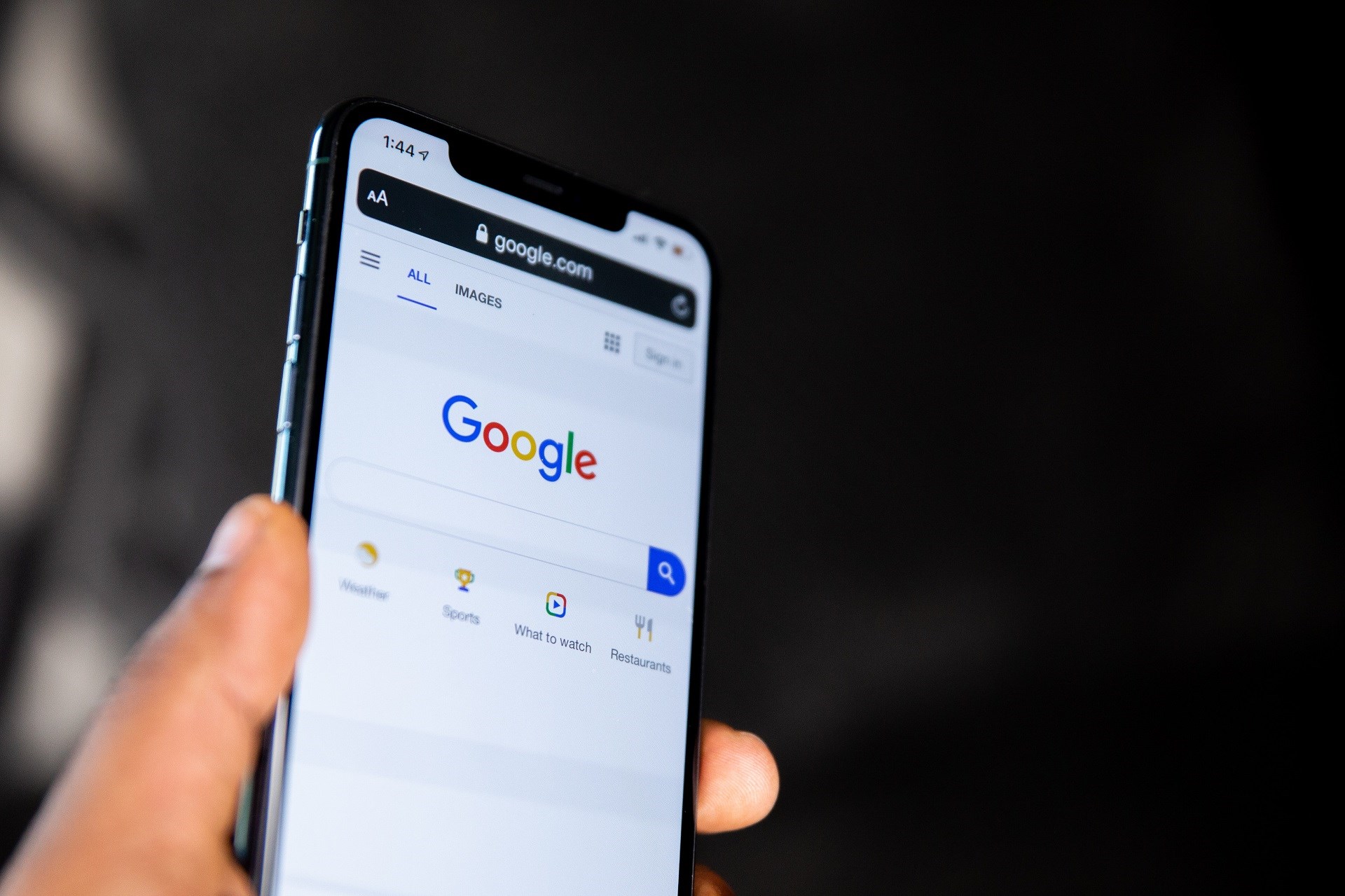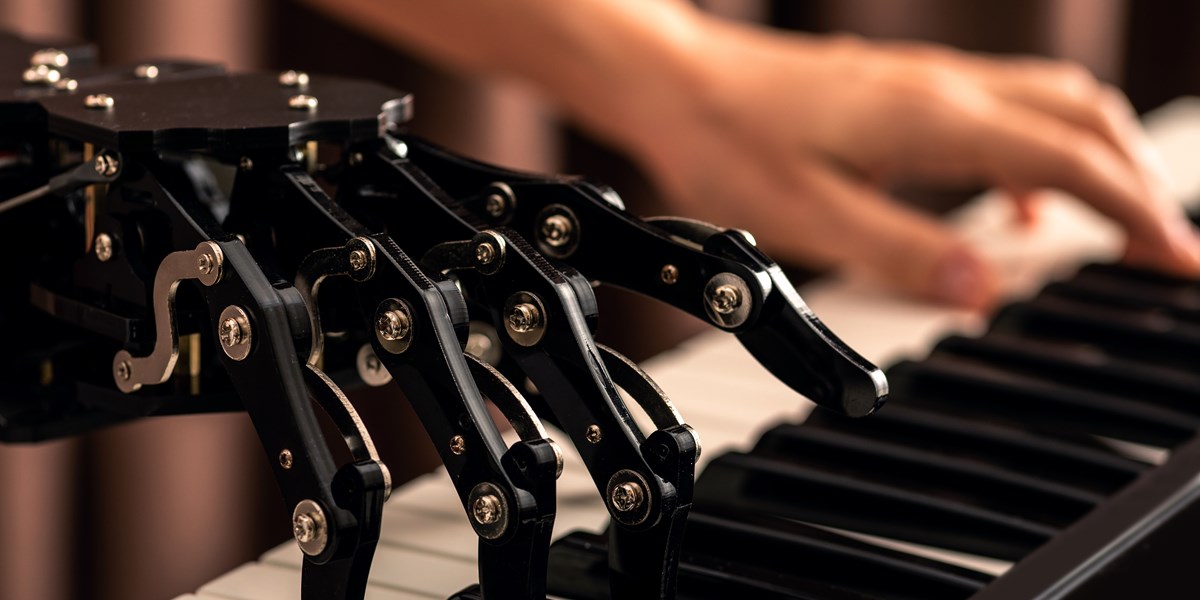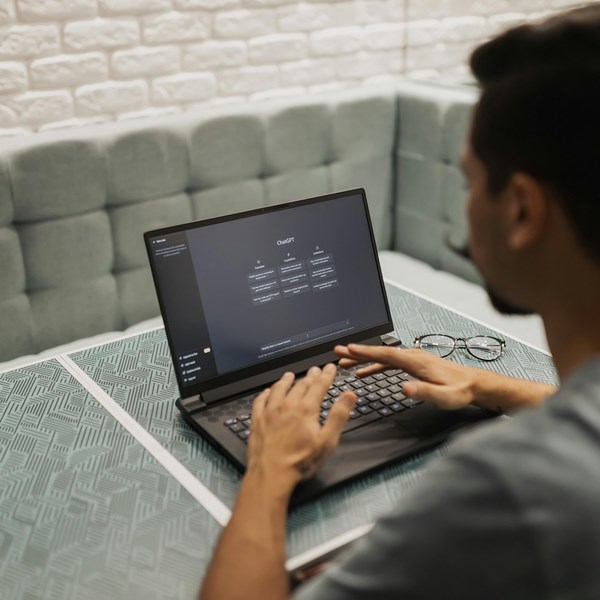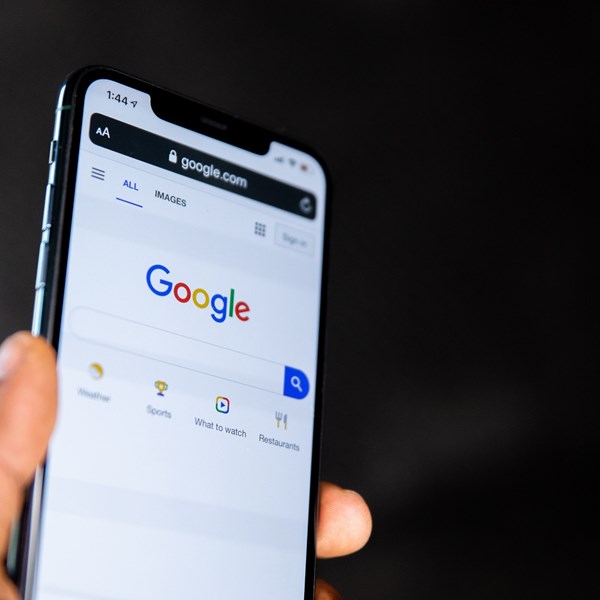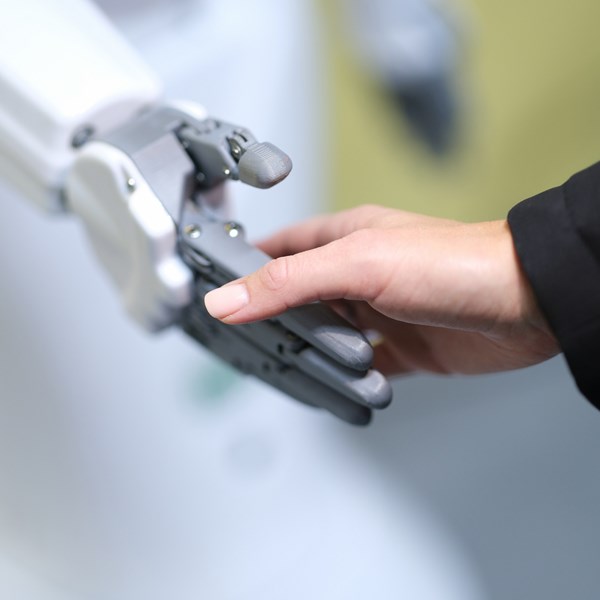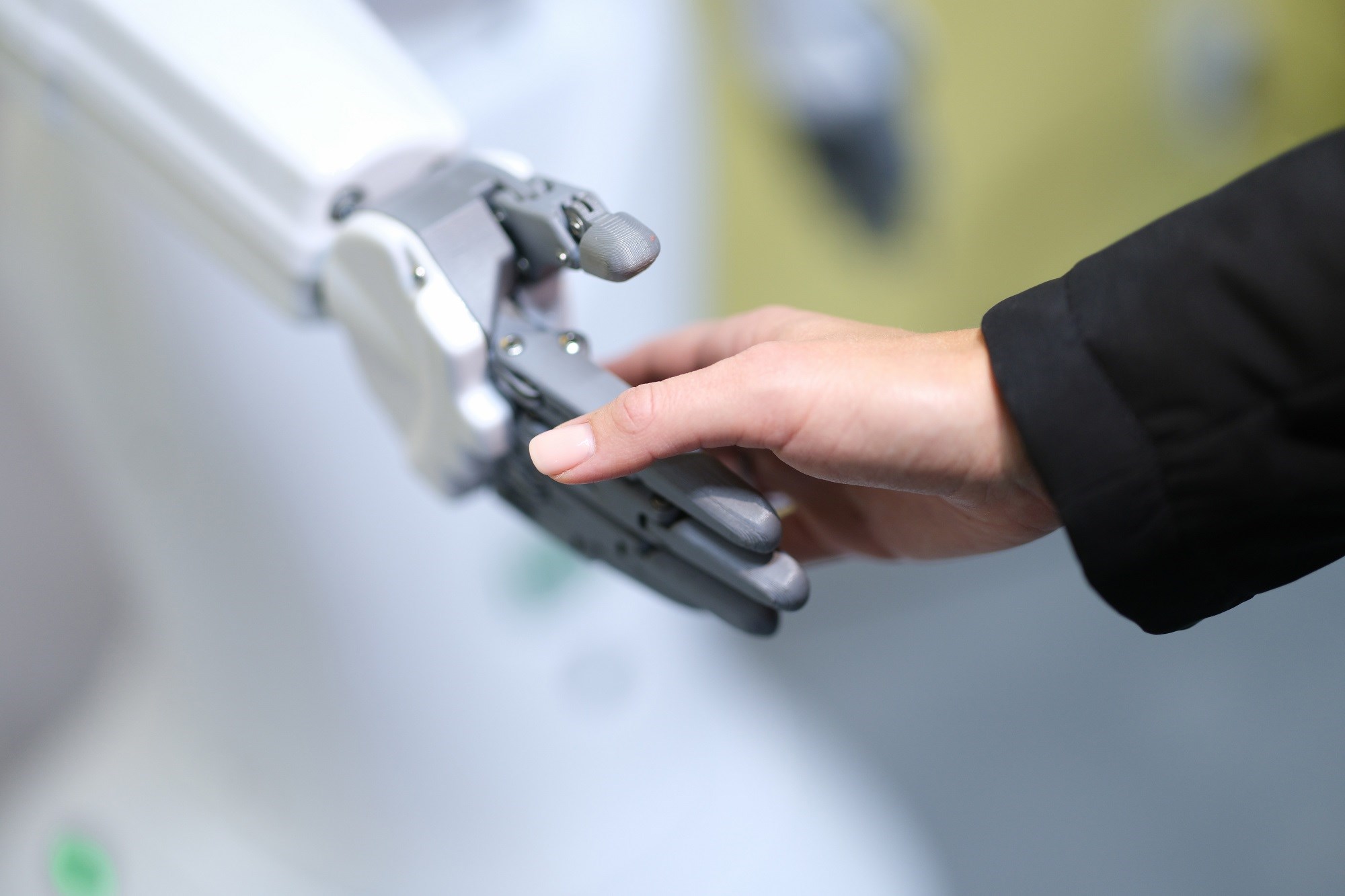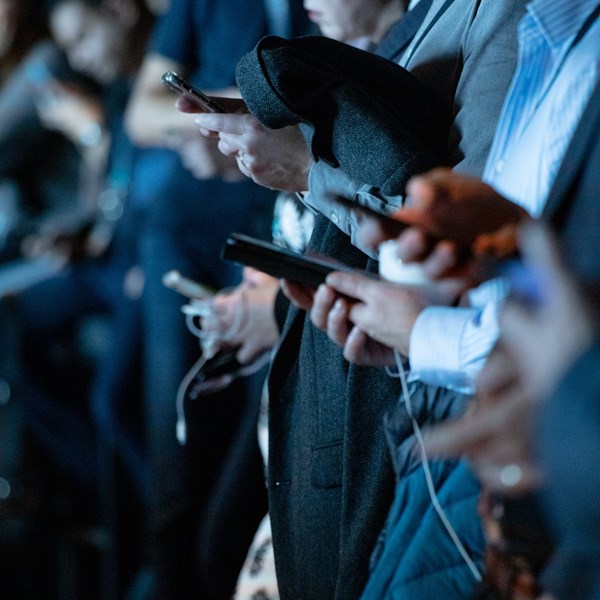Following the U.S. International Trade Commission’s (ITC) ruling that Apple infringed the patents of medical device technology company Masimo, Google could be the next FAANG (Facebook, Apple, Amazon, Netflix, Google) giant in the firing line for patent infringement.
Singular Computing LLC, a US company founded by computer scientist Joseph Bates, has asserted its patents against Google in relation to Google's Tensor Processing Units (TPUs), a computer chip design specialised for AI applications.
The case could have significant implications for AI computing systems, which are expected to grow only more prevalent in 2024. There could also be reverberations for users of Google’s Pixel smartphones (such as your own correspondent!), which incorporate a version of Google’s TPU-powered Tensor computer chips.
THE TECHNOLOGY
Machine learning models (such as convolutional neural networks) can be extremely computationally expensive to train and run. With large tech companies like Google and Microsoft in the process of rolling out AI-based services to their tens of millions of customers, there is huge potential for new computer architectures which can run such services more efficiently.
Singular’s patents claim improvements relating to Low-Precision, High Dynamic Range (LPHDR) processing systems. Compared to normal computer processing architectures, LPHDR systems trade precision for improved computational efficiency. This makes LPHDR systems particularly useful for AI systems, which are more robust and do not require as high a level of precision as other resource-intensive computations.
LPHDR systems can perform a high number of calculations every processor cycle, but these calculations are lower-precision (meaning that each calculated answer may differ more greatly from the true mathematical result). In fact, LPHDR processors used in an AI software program can still enable that AI software program to function correctly, even when up to 10% of the total number of calculations performed each differ by up to 0.2% from their respective exact results.
DAMAGES AND WILFUL INFRINGEMENT
Singular’s multi-billion-dollar damages claim rests upon these efficiency savings. By infringing Singular’s patented LPHDR architectures, Singular allege that Google were able to avoid needing to otherwise double its computing footprint, in order to support the search giant’s ever-growing use of AI. That would have meant building a dozen more dedicated data centres in the US alone, at the cost of billions of dollars.
Moreover, Singular allege that Google wilfully infringed the patents, meaning that Google knew (or should have known) that the patents existed and that Google’s activities would fall within the scope. Singular allege that Mr. Bates discussed his patented LPHDR innovations with Google between 2010 and 2014. But rather than license the technology, Singular suggest, Google simply copied it without permission.
Some countries can allow increased damages where infringement is shown to be wilful rather than simply innocent or accidental. In the US, where patent infringement cases are heard by juries, demonstrating wilful infringement may win a claimant increased sympathy and hence a bigger payout (or simply a greater chance of the jury finding infringement).
WHAT ARE THE POTENTIAL IMPLICATIONS OF SINGULAR VS GOOGLE?
In their pre-trial pleadings, Google alleged that a win for Singular could see the smaller company awarded up to $7 billion in damages, which would be double the previous record for a US patent infringement award. Singular themselves have argued for a comparatively modest $1.67 billion. Given that the allegedly infringing technology is mainly within Google’s data centres, Singular could seek damages in lieu of lost licensing royalties.
When Apple lost their patent infringement case against Masimo, the ITC banned imports of Series 9 and Pro Apple watches which contained the infringing technology. Could we see Tensor-incorporating Pixel phones banned from importation into the US next?
